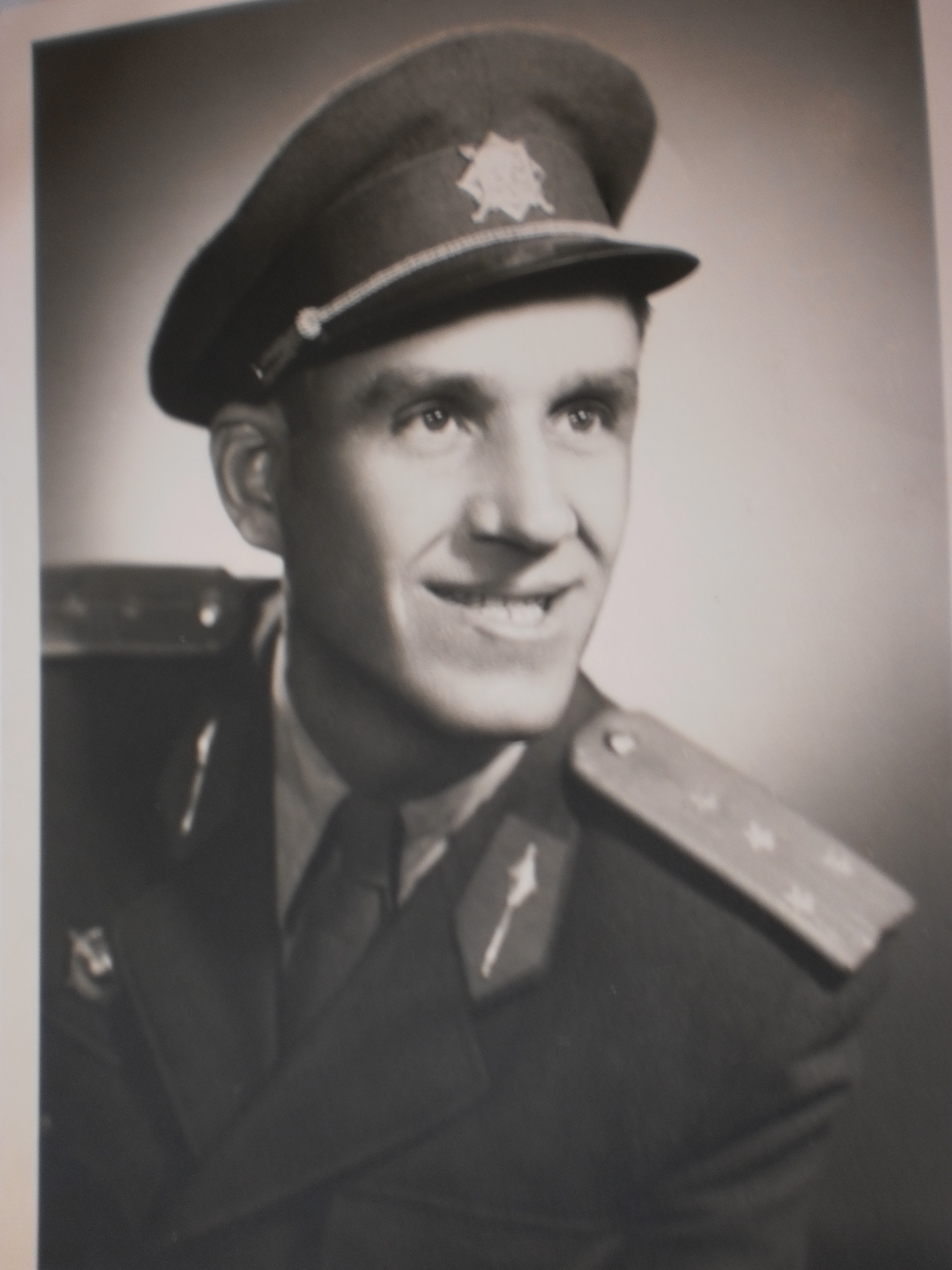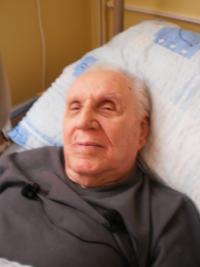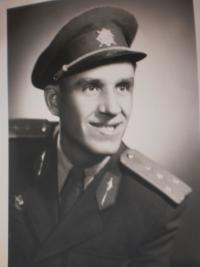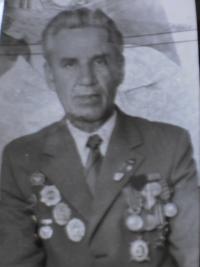There are things which are known and things which will be known, but there are also things which we will never know

Stáhnout obrázek
František Kostner was born October 1, 1920 in Příbram. He spent his childhood in Stráž near Mirotice, where his father worked as a gamekeeper. In 1933 the family moved to Rokycany. František was a Boy Scout and a member of Sokol and he was also involved in amateur theatre while he was a student in Strakonice. He graduated in 1938 and immediately after the mobilization in May 1938 he applied to join the army. Since he was still underage, at first he had to obtain permission from his parents and the district‘s administration leader. He was assigned to the Civilian Anti-aircraft Defence. After the occupation of Czechoslovakia he was sent to work in the rolling mill in Rokycany and later in the steelworks in Hrádek u Rokycan. František was involved in successful acts of sabotage in production and delivery of products. He was active in the resistance groups Defence of Nation (Obrana Národa) and the Central Committee of the Home Resistance (ÚVOD - Ústřední výbor odboje domácího). In 1944 he married in Tišnov and he was in contact with the resistance organization Rada Tří (Council of Three) led by general Luža. He was wounded twice while in combat as a member of the 5th partisan group Juraj and the partisan group Jermak. He participated in the successful rescue of eight American airmen from a Liberator bomber which was shot down near Tišnov. After the war he became a district secretary of the Czech Social Aid in Horšovský Týn. He joined the Communist Party, but he was refusing appointment to positions within the Party which he was being offered. Later he became employed in a feldspar processing factory in Poběžovice as a production planner and soon after he worked his way up to the position of the factory‘s manager. In 1949 he joined the army as a lieutenant and he served in Pilsen and in the general staff. Three years later he had to leave the army and return to civilian life due to serious illness. He worked as an organizer and lecturer of civil defence at the regional level of the Svazarm organization and in the municipal military administration. From 1964 until his retirement in 1980 he led the department of the economic and mobilization preparation in the city administration office in Pilsen. He has received many decorations for his resistance activity and for his successful work.



